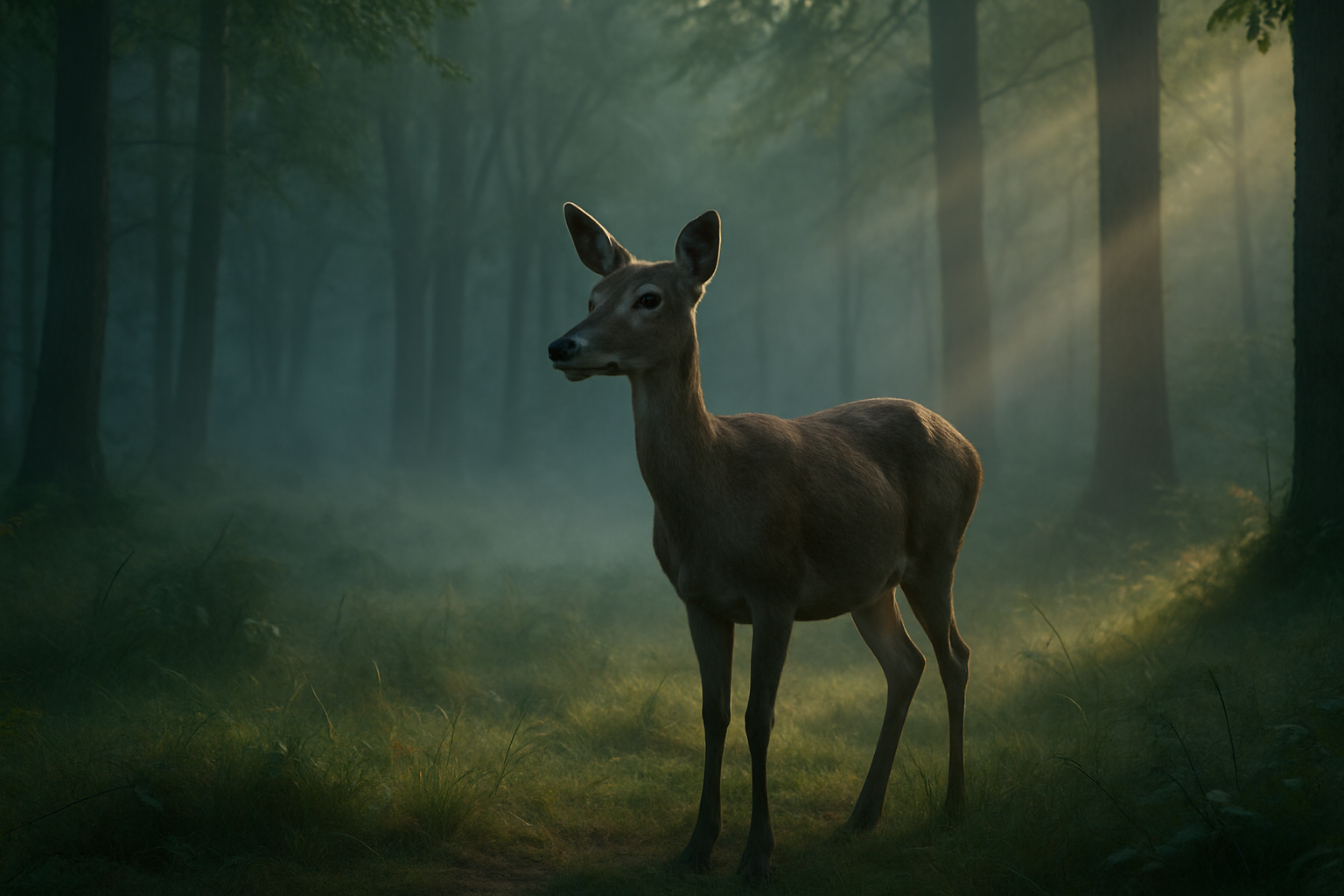What comes to mind when you hear the phrase survival of the fittest? For many of us, it conjures images of strength, dominance, speed, or emotional detachment – the biggest, the toughest, the last one standing.
But that’s not what Darwin meant. And it’s certainly not what we need now.
The phrase wasn’t even coined by Darwin but by Herbert Spencer, and it’s often been misused to justify competition, cruelty, and exclusion. In reality, nature is full of examples of mutual aid, responsiveness, and deep attunement to relationship and environment. Survival, in evolutionary terms, has far more to do with adaptability than with aggression.
And that’s where sensitivity comes in.
If you’d rather watch or listen, I’ve recorded a video version of this reflection. It brings together the core message in a more embodied way – feel free to pause and reflect as you go.
Evolution Is Not About Strength Alone
The natural world is rich with examples of life forms that survive through attunement, not brute force:
- Mycelial networks communicate underground, sensing and responding to changes in soil and moisture.
- Elephants detect seismic vibrations through their feet, aware of distant rumblings long before danger arrives.
- Flocking birds move in unison, shifting direction not through hierarchy but through responsive interconnection.
These are not signs of fragility. They are expressions of finely tuned awareness – and they point to a broader truth:
Sensitivity is a form of intelligence.
In human terms, sensitivity allows us to perceive subtle shifts – in mood, in systems, in relationships, in the natural world. It helps us adapt not just physically, but emotionally, ethically, and spiritually. It’s not weakness. It’s wisdom.
Sensitive People as Early Warning Systems
Sensitive people often notice things before others do. They may sense when a conversation turns, even if no words are spoken. They may feel the exhaustion in a workplace long before burnout becomes visible. They may grieve the climate crisis before the headlines catch up.
This isn’t overreaction. It’s early detection.
In ecosystems, we rely on keystone species and indicator species – the ones that reflect the health of the whole. Sensitive people often serve a similar role in human culture. They feel what others suppress. They notice the cracks in the system. They respond when others are still distracting themselves.
Sensitivity is feedback – and in times of collapse, feedback is everything.
Sensitivity in Times of Collapse
We are living through radical uncertainty. Social systems are fraying. Ecological systems are buckling. The pace of change is accelerating, and many of the old maps no longer work.
In such times, we don’t need more bravado. We need more attunement.
Sensitive people bring precisely the qualities needed for this moment:
- The ability to feel what’s changing
- The courage to name discomfort and grief
- The capacity to imagine new ways of relating
- The impulse to protect, connect, and care
They may not always feel strong – but they are resilient in a deeper, more relational way. They don’t power through; they listen through. They are, in many ways, the Edge Dwellers and Seers of our time – perceiving not only what is breaking down, but what is trying to emerge.
My review of Bill Plotkin’s Nature and the Human Soul explores his soulful model of human development. Plotkin shows how ecological awareness and sensitivity to life’s deeper patterns are essential for genuine growth.
Rewriting Fitness for the Future
What does it mean to be “fit” for the world we’re entering?
Perhaps it means:
- Staying sensitive to suffering – and responding with compassion
- Remaining rooted in values even when the ground shifts
- Choosing co-regulation over domination
- Being willing to adapt without abandoning who we are
- Honouring nuance over certainty, connection over control
This is a different kind of fitness – not about domination, but about deep participation. Not about competing, but about co-evolving.
Closing: Evolution as Awakening
What if evolution isn’t just about surviving, but about awakening? What if your sensitivity – your ability to feel, to intuit, to respond – is not a burden, but your evolutionary gift?
In this time of unravelling and reimagining, the world doesn’t need more people who can shut down. It needs more people who can stay awake.
And that includes you.
In the next post, we’ll explore how living in a culture that devalues sensitivity affects mental health – and how breakdowns may sometimes be signs of inner integrity, not dysfunction.
Until then, consider this: When has your sensitivity helped you navigate a change – or sense one coming? What would it mean to trust it more fully?

